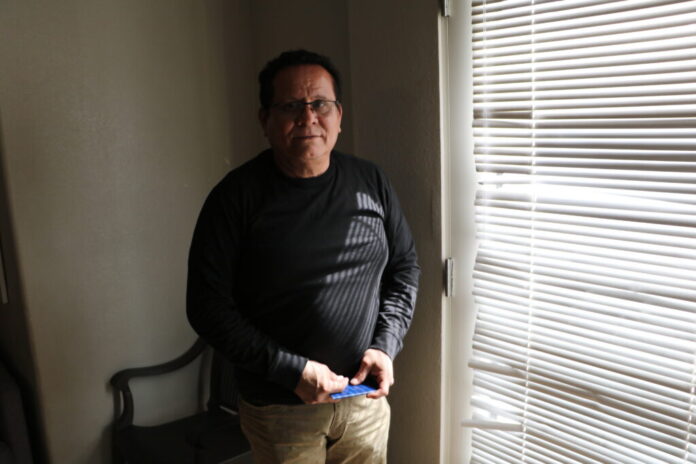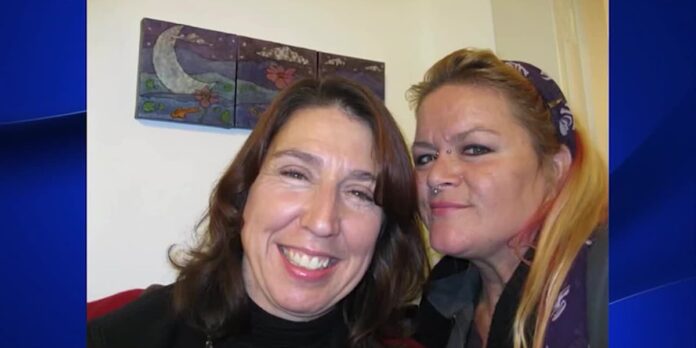“Breaking Down Barriers: Exploring the Frontiers of Global Healthcare
In an increasingly interconnected world, the pursuit of optimal health knows no borders. As our global community continues to evolve, it’s becoming increasingly clear that the most pressing health challenges require a unified, cross-cultural approach. The Medical University of South Carolina (MUSC) has long been at the forefront of this movement, recognizing the vast potential that lies at the intersection of diverse perspectives and cutting-edge medical expertise.
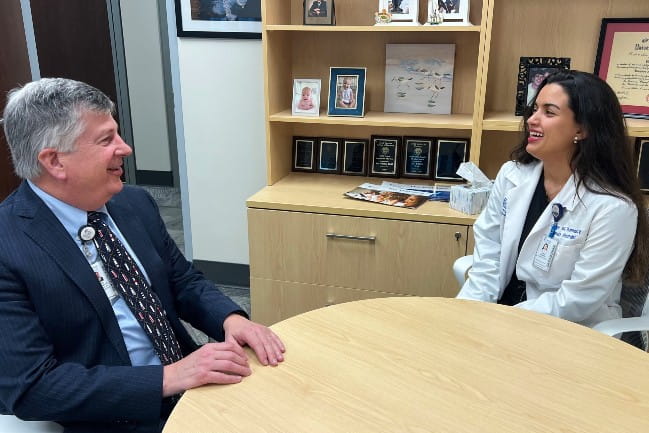
Commonalities in Clinical Care
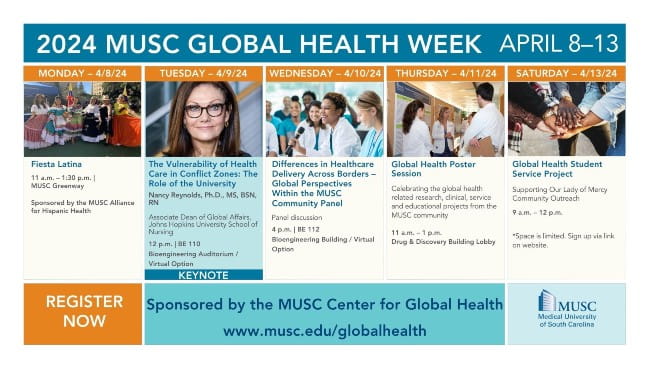
Despite the differences in healthcare systems and approaches across various countries, there are commonalities in clinical care that transcend geographical boundaries. One such commonality is the importance of patient-centered advice. Providing personalized care and advice to patients is a cornerstone of effective clinical practice, regardless of the country or healthcare system.
Another commonality is the role of pharmacists in informing patient care. Pharmacists play a crucial role in ensuring that patients receive the right medication and dosage, and that they are aware of any potential side effects or interactions. This is particularly important in countries where access to healthcare is limited, and pharmacists may be the primary point of contact for patients.
For example, in Saudi Arabia, pharmacists have a reduced role in informing patient care, unlike in the United States where they play a more active role. However, pharmacists in Saudi Arabia are still essential in verifying medication and providing input on patient care. Similarly, in Lebanon, pharmacists play a vital role in determining patient care, especially in the absence of primary care physicians.
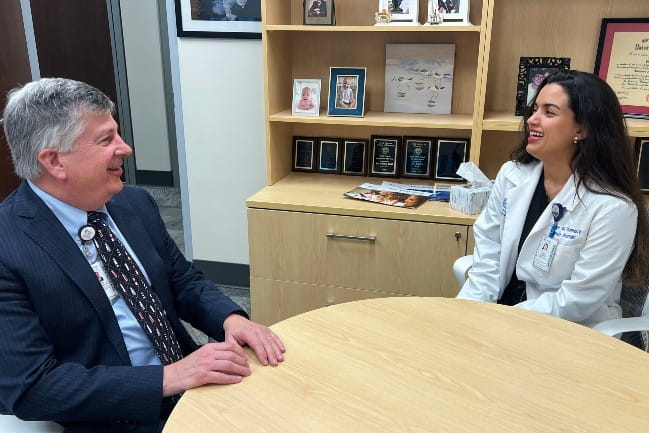
MUSC’s Commitment to Global Health
Diversity and Multiculturalism
The Medical University of South Carolina (MUSC) is committed to fostering a diverse and multicultural community on its campuses. With a diverse influx of individuals from around the world, MUSC is well-positioned to provide a unique and enriching experience for its students, faculty, and staff.
This diversity is reflected in the various events and initiatives organized by MUSC, including the annual Global Health Week. This event brings together experts and professionals from around the world to share their experiences and insights on global health issues. The event also provides a platform for students and faculty to showcase their research and projects related to global health.
For example, the “Differences in Healthcare Delivery Across Borders – Global Perspectives Within the MUSC Community” panel discussion featured the perspectives of three unique individuals who shared personal stories about their upbringings, medical educations, and experiences in basic research. The panelists included Lama Almutairi, a class of 2025 Doctor of Pharmacy candidate; Vincent Brice Owona Ayissi, Ph.D., an MUSC postdoctoral fellow; and Rami Zebian, M.D., chief medical officer of MUSC Health Florence Medical Center.
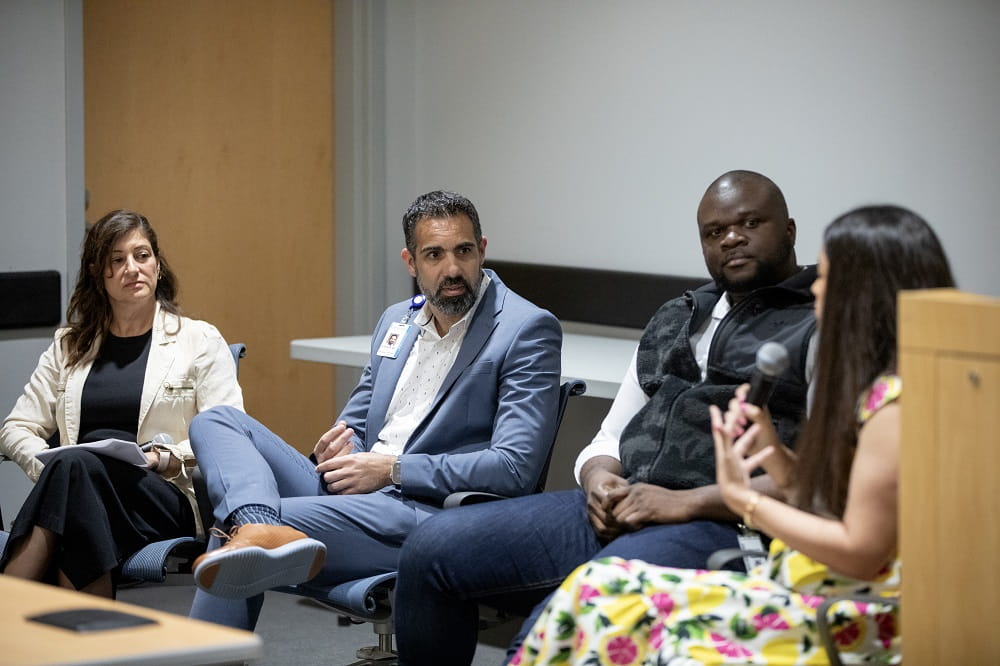
Global Health Research and Education
MUSC is also committed to advancing global health research and education. The university has established various programs and initiatives to support research and education in global health, including the Center for Global Health and the College of Medicine.
For example, the Center for Global Health offers various programs and initiatives to support research and education in global health, including the Global Health Research Program and the Global Health Education Program. These programs provide opportunities for students and faculty to engage in research and education projects related to global health, both locally and internationally.
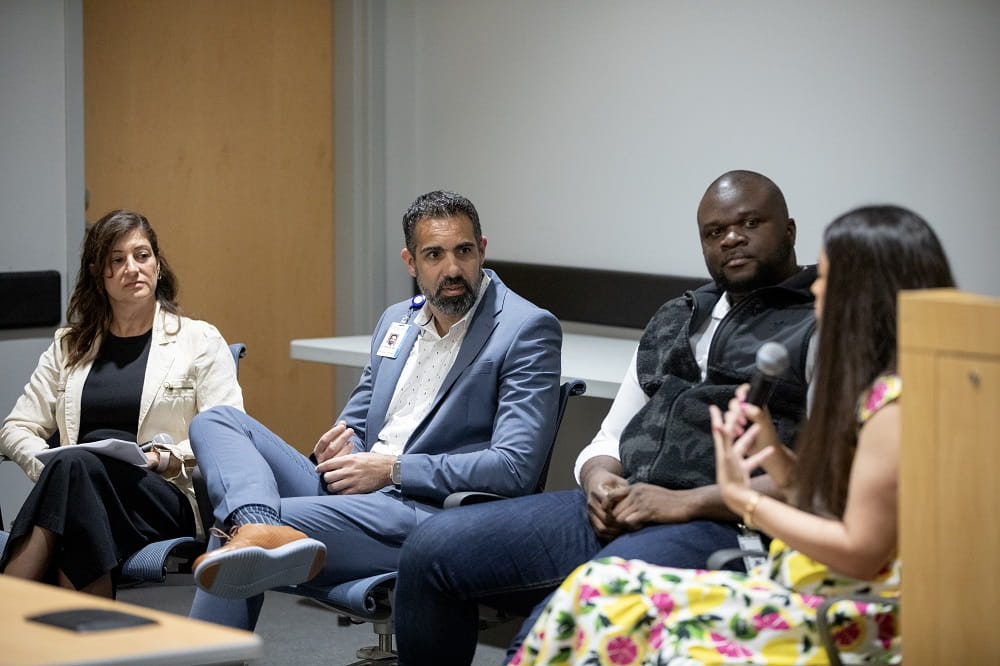
Service Projects and Community Engagement
MUSC is also committed to community engagement and service projects, both locally and internationally. The university offers various programs and initiatives to support community engagement and service projects, including the Global Health Student Service Project.
For example, the Global Health Student Service Project provides opportunities for students to engage in service projects related to global health, both locally and internationally. The project also provides opportunities for students to develop their skills and knowledge in global health, while also making a positive impact on the community.
Analysis and Implications
The Importance of International Perspectives
International perspectives are essential in shaping healthcare practice and policy. By engaging with experts and professionals from around the world, healthcare providers can gain a deeper understanding of the complexities of global health issues and develop more effective solutions.
For example, the “Health Beyond Boundaries” cross-cultural panel discussion provided a platform for healthcare providers to engage with experts from around the world and gain a deeper understanding of the complexities of global health issues. The discussion also highlighted the importance of international perspectives in shaping healthcare practice and policy.
Challenges and Opportunities
Despite the importance of international perspectives, there are also challenges and opportunities facing healthcare systems around the world. One of the biggest challenges is addressing healthcare disparities and promoting cultural competence.
For example, the panel discussion highlighted the challenges of addressing healthcare disparities in Lebanon, where access to critical medications is limited, and primary care physicians are scarce. The discussion also highlighted the importance of promoting cultural competence in healthcare practice and policy.
Practical Applications
The insights and perspectives gained from the Global Health Week events have practical applications in clinical practice. For example, healthcare providers can use the insights and perspectives gained from the events to develop more effective solutions to global health issues, such as addressing healthcare disparities and promoting cultural competence.
For example, the “Differences in Healthcare Delivery Across Borders – Global Perspectives Within the MUSC Community” panel discussion provided practical insights and perspectives on addressing healthcare disparities and promoting cultural competence in clinical practice. The discussion also highlighted the importance of international perspectives in shaping healthcare practice and policy.
Conclusion
Conclusion: Bridging Cultural Divides in Healthcare
The “Health Beyond Boundaries Cross-cultural Panel” at the Medical University of South Carolina marked a significant milestone in the pursuit of inclusive healthcare. Throughout this discussion, our panel of experts highlighted the critical need for culturally sensitive medical practices, especially in addressing health disparities among diverse communities. They emphasized the importance of language access, cultural humility, and community engagement in fostering trust and improving health outcomes. By weaving together personal anecdotes, empirical evidence, and policy recommendations, our panel shed light on the often-hidden struggles of patients from diverse backgrounds and the transformative power of cross-cultural understanding in healthcare.
The implications of this discussion are far-reaching, extending beyond individual patients to entire communities and the broader healthcare system. By recognizing and addressing cultural differences, healthcare providers can break down barriers to care, reduce health disparities, and promote health equity. Moreover, this panel’s emphasis on community engagement and cultural humility serves as a wake-up call for healthcare institutions to reexamine their own cultural competence and prioritize diversity, equity, and inclusion. As we move forward, it will be essential to translate these conversations into actionable policy changes and sustainable practices that benefit patients and communities across the globe.
As we conclude this discussion, we are reminded that cultural understanding is not a luxury, but a necessity, in the pursuit of health and well-being. As we strive to build a more inclusive and equitable healthcare system, we must acknowledge that health is not limited to physical boundaries but is deeply intertwined with cultural, social, and environmental factors. By embracing this complexity and challenging our own assumptions, we can create a healthcare system that truly serves all patients, regardless of their cultural background, language, or socioeconomic status. It is time for us to act on this vision and forge a future where healthcare knows no boundaries.


